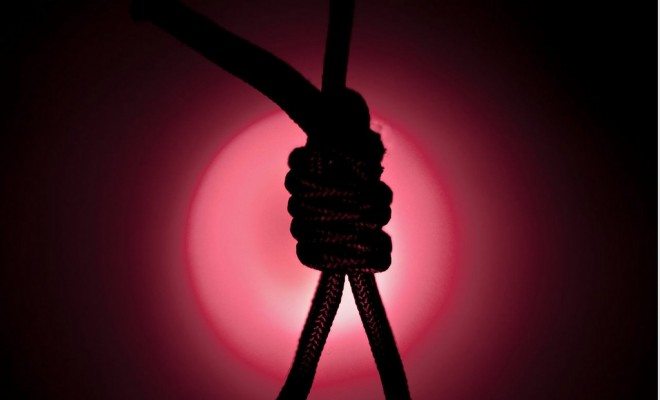
News
Reyhaneh Jabbari: Another Victim of Iran’s Harsh Death Penalty
The Iranian government executed a woman on Saturday for murdering a man who she said attempted to sexually assault her. After several delays of her execution and despite condemnation from human rights organizations, the Iranian government went forward with hanging Reyhaneh Jabbari.
Jabbari, 26, admitted in 2009 to killing 47-year-old Dr. Morteza Abdolali Sarbandi in self-defense, claiming that he tried to rape her. Sarbandi was killed in 2007, when Jabbari met with him on the pretense that she, an interior designer, would evaluate his office for a renovation, the New York Times reported.
Under Iranian law, Jabbari technically should have been in the clear for killing Sarbandi. As a Slate article explains, the Iranian death penalty doesn’t have to apply in a murder case if the murder was in retaliation to another crime punishable by death, such as rape. Jabbari maintained that she killed Sarbandi after he attempted to rape her. However, the judges are given very broad discretion in interpreting the facts of the case – so broad, in this case, that Jabbari was found guilty.
Beyond the fact that Jabbari’s is technically innocent even if she killed Sarbandi, that shouldn’t even matter considering the circumstances of her admission. Jabbari admitted to the murder “under duress possibly amounting to torture,” U.N. human rights investigator Ahmed Shaheed said in a press release, adding that acts of sexual violence should always be fought, no matter what. Shaheed said that if Jabbari was telling the truth, she was attacked by the Iranian justice system in addition to her assault:
If her allegations are true, Ms. Jabbari may have been doubly victimized; first by her attacker, and then by the judicial system, which is supposed to protect victims of intended and actual sexual and physical assault.
An online petition in March bore more than 240,000 signatures urging Iran not to execute Jabbari. The government then delayed the execution from April until this month. As the new date approached, supporters of Jabbari took to Facebook and Twitter to get attention to stop the execution. The day before the execution, Amnesty International wrote that Jabbari’s side story wasn’t fairly judged. “Her claims do not appear to have ever been properly investigated,” Amnesty wrote in a blog post.
Iran has one of the highest execution rates in the world. According to an August United Nations report, the country executed at least 852 people, including at least eight who were under the age of 18 at the time of their crimes, during the period from June 2013 to June 2014. The report says Iranians can face the death penalty for “adultery, recidivist alcohol use, drug possession and trafficking” plus “enmity against God,” which is viewed by the Iranian government as when “a person brandishes or points a weapon at members of the public to kill, frighten and coerce them.”
All this might leave some wondering how hard it is not to get executed in Iran. In the larger scheme of things – for the Iranian justice system, that is – Jabbari is just another number.
—
Zaid Shoorbajee (@ZBajee)
Featured Image courtesy of [The Pondering Moose via Flickr]








Comments